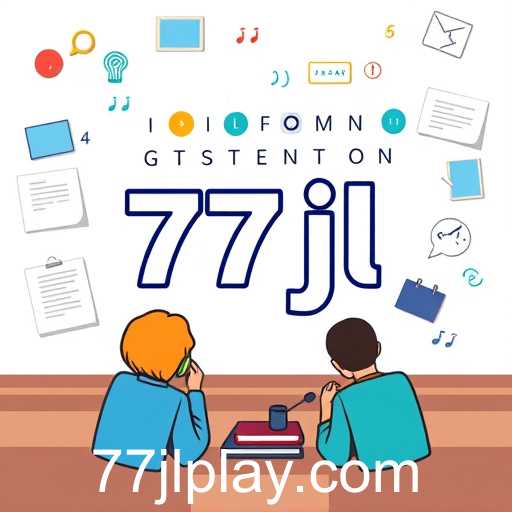Explore how 'Grammar Games' are revolutionizing language learning by making grammar education fun and engaging with interactive challenges. Discover the impact of these games designed to improve linguistic skills in an enjoyable way.
In the digital age, the blending of education and entertainment has proven to be a potent tool in enhancing learning experiences. One of the exciting outcomes of this blend is the category of 'Grammar Games' that has emerged on various educational platforms. With keywords like '77jl', these games are designed to transform the sometimes tedious task of learning grammar into an enjoyable and engaging activity.
The core idea behind grammar games is to provide a playful environment where players can improve their language skills while having fun. These games offer various challenges and levels designed to cater to different age groups and proficiency levels. From simple sentence structures for beginners to complex grammatical puzzles for advanced learners, grammar games cover a vast spectrum of linguistic challenges.
What makes grammar games particularly effective is their interactivity. Players are often required to solve puzzles, complete sentences, or identify grammatical errors in a play-driven format. By turning grammar rules into challenges that need solving, these games encourage players to actively engage with the content. This active participation not only reinforces language rules but also increases retention of information.
Moreover, grammar games often come with immediate feedback. This feature allows players to understand their mistakes in real-time and learn from them. As opposed to traditional methods where feedback might not be instantaneous, games give players the chance to immediately apply corrections and progress.
An added advantage of grammar games is their accessibility. With the advent of mobile technology, these games can be played anytime and anywhere, breaking the conventional limitations of a classroom setup. For learners who might feel pressure in a traditional educational environment, grammar games offer a comfortable space to learn at their own pace without judgment.
Furthermore, these games are often designed with rewards and incentives, such as points, badges, or levels. Such elements make the learning process not just educational but also competitive and motivating. The sense of achievement as players move up levels or earn rewards can significantly enhance motivation and encourage consistent practice.
In summary, grammar games like those categorized under the keyword '77jl' offer a dynamic, fun, and efficient way to learn language skills. By combining educational objectives with entertaining elements, they bridge the gap between mere knowledge acquisition and the joy of learning.




